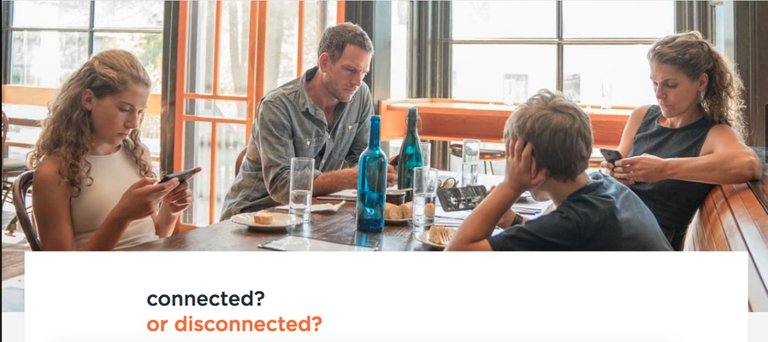
With the advent of the Internet and technology, the world has moved into the era of Information and Communication Technology (ICT).
ICT stresses the role of unified communications and the integration of telecommunications (telephone lines and wireless signals), computers as well as necessary enterprise software, middleware, storage, and audio-visual systems, which enable users to access, store, transmit, and manipulate information.
In modern society ICT is ever-present, with over three billion people having access to the Internet. With approximately 8 out of 10 Internet users owning a smartphone, information and data are increasing by leaps and bounds. This rapid growth, especially in developing countries, has led ICT to become a keystone of everyday life, in which life without some facet of technology renders most of clerical, work and routine tasks dysfunctional. The most recent authoritative data, released in 2014, shows "that Internet use continues to grow steadily, at 6.6% globally in 2014 (3.3% in developed countries, 8.7% in the developing world); the number of Internet users in developing countries has doubled in five years (2009-2014), with two thirds of all people online now living in the developing world." - Wiki
While ICT brings the world closer bridging the geographical gap, ironically it has somewhat brought about the degradation of personal interpersonal communication. Humans have turned to machines to communicate with one another and becoming impersonal, impertinent and inhuman to the point of rude.
The invention of smartphone particularly has created zombies out of humanity, which is now a great cause for concern. People have lost their given vocal capabilities and are communicating with their thumbs and fingers instead of their mouths.. In other words people have stopped "talking" and reached a critical point of not knowing how to converse with one another when they physically meet.
If you think I am exaggerating, observe your next family/friends dinner outing.
Connected? or disconnected?

Last year, the smartphone turned 10 years old. We’re better for its existence in so many ways. And it’s given us so much more than just cat videos and memes.
Every day, mobile changes the way we eat, bank, shop, learn, consult our doctors, connect to loved ones and create new relationships. Yet, while the smartphone can bring us closer to those who are far away, it sometimes separates us from those who are right in front of us.
Can we resist opening those notifications and answering texts when we’re with our friends and family? Can we be connected while still being present? Can we share just as much in real life as we do on the internet?
It’s time for a better phone-life balance.
Hate small talk? Tired of the same old questions? These six approaches will make you that much more interesting.
6 Things Smart People Do to Have Really Interesting Conversations
- Inc- Become genuinely interested in the other person.
- Show those pearly whites. (Smile!)
- Give the gift of a "five-minute favor." (Share knowledge)
- Listen more. Speak less.
- Make the other person feel important--and do it sincerely.
- Tell a good story.
Closing thought
If you haven't caught on yet, the key for your new social approach is this: You take the initiative and make the conversation about the other person. People love to talk about themselves--if they have something worth talking about that adds value to the conversation. Once they know you're not a wacko, if you ask a genuine question first (try "what's your story?"), they'll appreciate your showing interest. This selfless act of putting the spotlight on someone else makes you the more interesting person in the room.
https://www.inc.com/video/4-brilliant-conversation-starters.html
Start talking again...
..